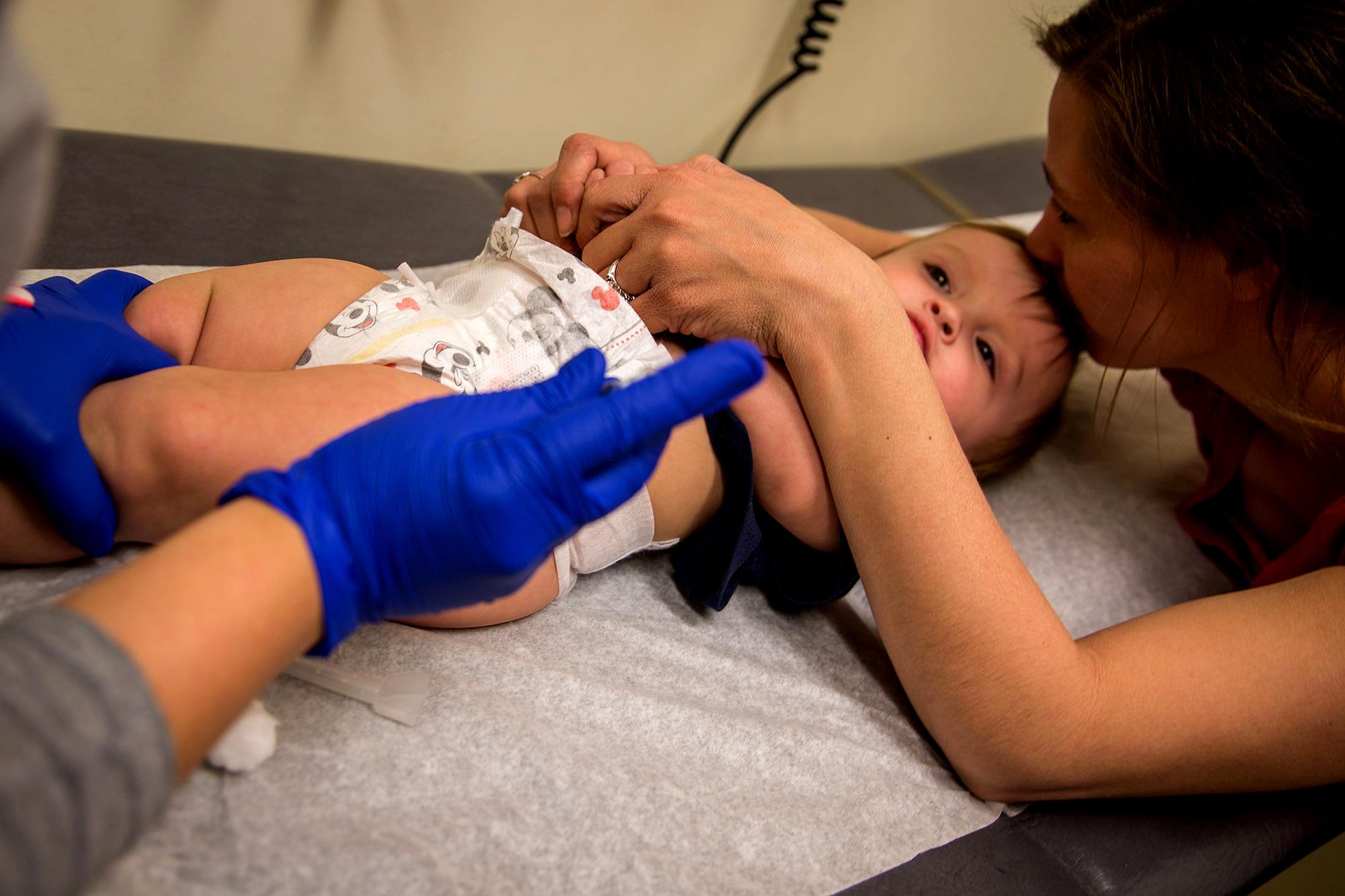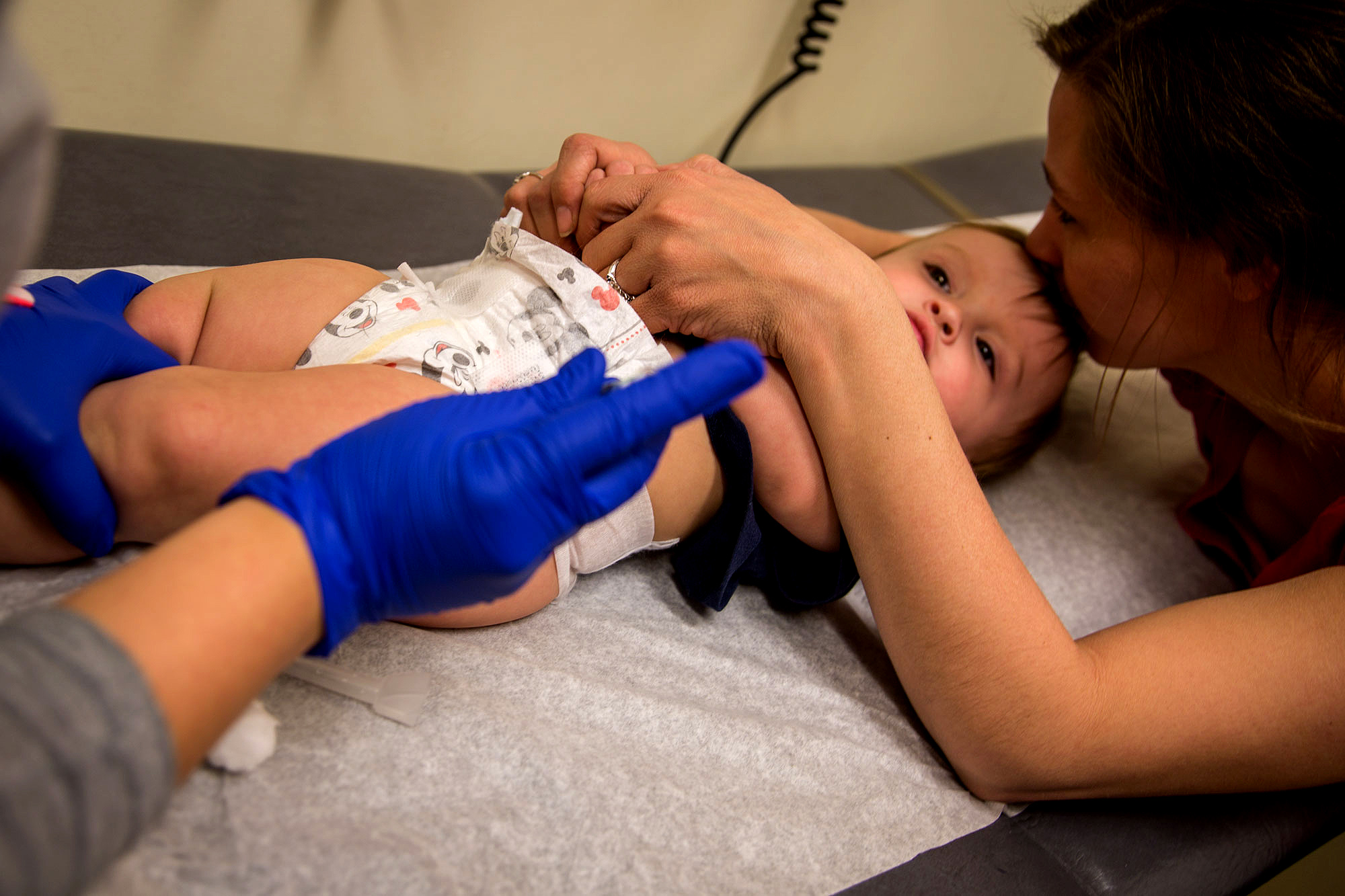

After the demise of a bill aimed at raising Colorado’s low childhood vaccination rates, vaccine advocates are still sorting out their next steps.
The bill failed at the eleventh hour in the state legislative session. It would have required a parent to go to a health department office in person to turn in their child's initial vaccine opt-out form for school.
It’s too soon to say whether another attempt at a legislative solution is in the works. Stephanie Wasserman, executive director the Colorado Children's Immunization Coalition, said the group will meet in the coming months to reassess.
“We put together a priority agenda every year,” she said. “But whether than means that we'll have a bill that we support next year is yet to be determined.”
In marathon hearings, the proposal was strongly opposed by parents who don't vaccinate their children and saw the bill as infringing on parents rights.
The bill passed in the House but failed in the Senate. In the final days of the session, Gov. Jared Polis said he wouldn't sign the bill with the in-person provision included.
In other states, Wasserman said measles outbreaks have precipitated reforms. They became more urgent for policy makers and voters "where there are parents with newborns that are fearful of leaving their homes because they don't want to expose their newborns to measles."
She said due to relatively low vaccination rates, Colorado is ripe for an infectious disease outbreak.
According to the Centers for Disease Control and Prevention, 704 individual cases of measles have been confirmed in 22 states through April 26 this year, with an increase of 78 cases from the previous week. It’s the most cases reported in the U.S. since 1994, and since measles was declared eliminated in 2000.
The agency describes measles as “highly contagious,” so if one person has it, up to 90 percent of the people close to that person who are not immune will also become infected.
The virus can live for up to two hours in the air where an infected person coughed or sneezed.
Colorado has the nation's lowest kindergarten vaccination rates for diseases like measles, mumps and rubella, according to the CDC.









